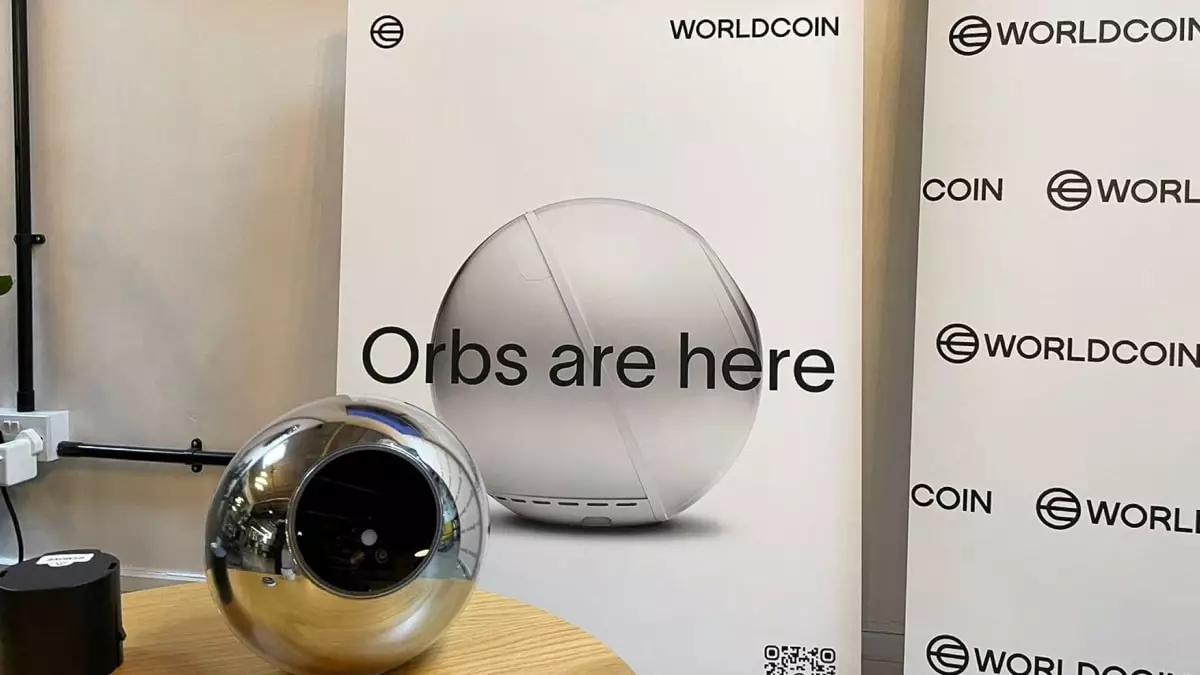In the last two weeks, the billion-dollar startup Worldcoin, founded by OpenAI CEO Sam Altman, has made waves in the Web3 space. This San Francisco-based company aims to create a network of ‘real humans’ rather than relying on robots. Worldcoin has introduced the concept of ‘World IDs’, providing individuals with an ‘international proof of personhood’. With the goal of eliminating the need to share personal details for online interactions, Worldcoin has attracted over two million users from around the world within a short span of time.
The Rise of Worldcoin
Since its launch on July 24, Worldcoin has gained significant traction globally. Sign-up booths have been installed in various countries, creating a sensation in places like India. Metro stations in and around the National Capital Region (NCR) and Bengaluru have witnessed long queues of people eager to register for their World IDs. This enthusiasm has resulted in an impressive market capitalization of $266 million for Worldcoin’s native cryptocurrency, the WLD token.
Concerns and Criticisms
Although Worldcoin’s mission to secure user data seems noble, the project has faced backlash from governments worldwide. To register for a World ID, individuals must submit their biometrics, including eye scans captured by Worldcoin’s orb. This requirement has raised concerns among policymakers about the security and privacy of their citizens. Additionally, the distribution of free WLD tokens as an incentive for sign-ups has garnered attention, with worries about potential financial risks.
Kenya has taken a stringent step to control the Worldcoin craze by suspending the project indefinitely. The country’s government has initiated inquiries to verify the authenticity and legality of Worldcoin’s activities, involving relevant security, financial services, and data protection agencies. Similarly, regulators in France and Germany, under the European Union, have opened investigations to oversee and address the Worldcoin frenzy within their jurisdictions. However, India has not issued any such notice as of now.
Worldcoin’s website outlines its vision: “to establish universal access to the global economy regardless of country or background.” The project aims to become the largest human identity and financial network globally, offering ownership to everyone. Worldcoin seeks to welcome individuals from all walks of life and enable them to benefit in the age of Artificial Intelligence (AI). As of now, neither Sam Altman nor the Worldcoin team has responded to Kenya’s suspension.
Using World ID
In March, Worldcoin stated that the simplest way to utilize World ID is as a sign-in method. When choosing to sign in with Worldcoin on a website, mobile app, or crypto dapp, users can authenticate their identity through a self-custodial wallet. This process ensures that individuals can prove they are real and unique without compromising their privacy. The goal is to offer a seamless and secure experience across platforms, where no one, including Worldcoin contributors and application developers, can track users’ activity or gather personal information.
Worldcoin’s ambition to establish a global identity network signifies a significant step towards redefining online interactions. While the project has gained immense popularity globally, it has also faced resistance and scrutiny. Governments, like Kenya, France, and Germany, are exercising caution due to concerns surrounding data privacy, security, and financial implications. Despite the controversies, Worldcoin presents an innovative approach to identity verification, catering to the challenges of the digital age. Only time will tell if Worldcoin can strike a balance between personal privacy and inclusive online engagement.


Leave a Reply